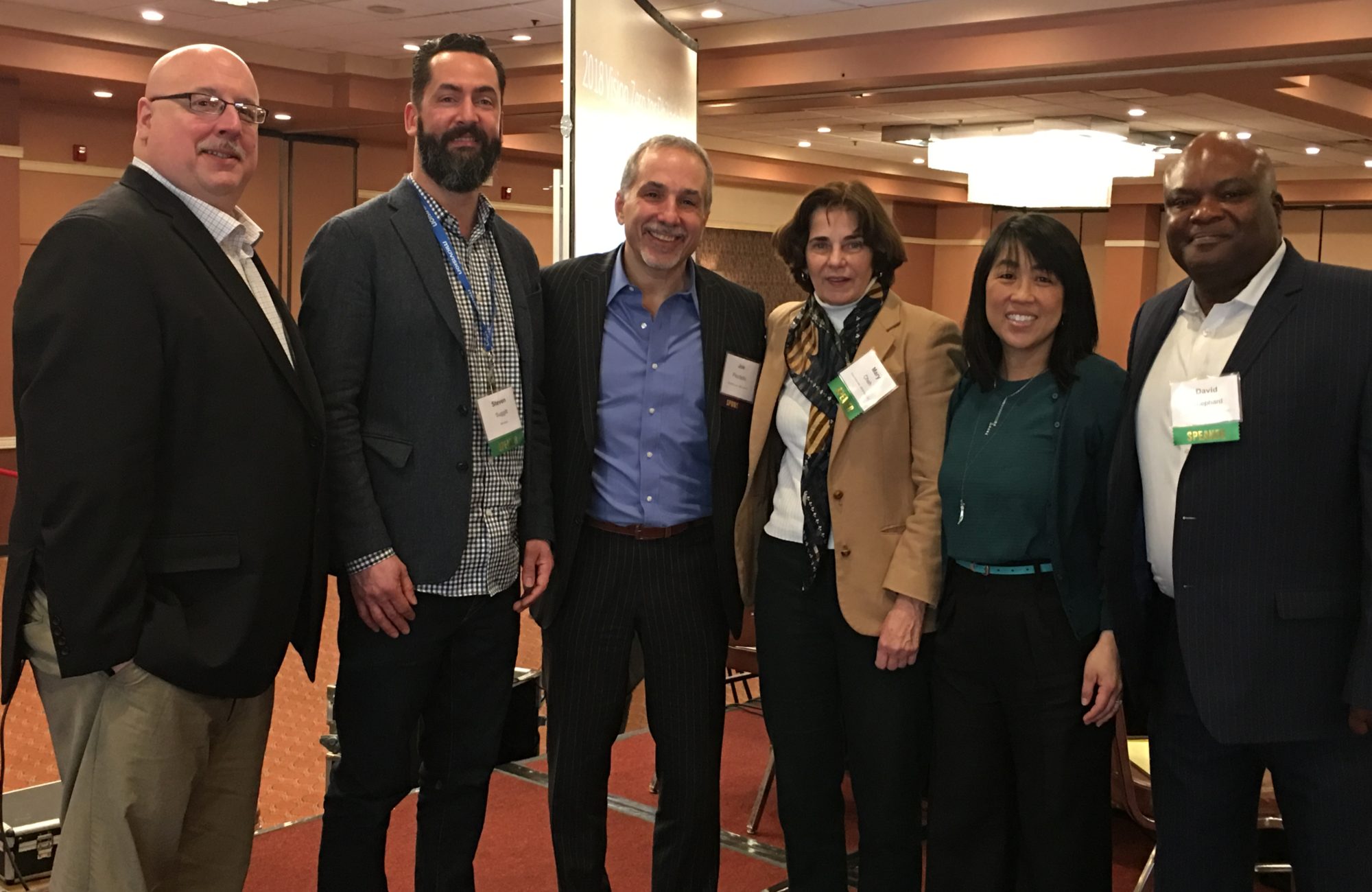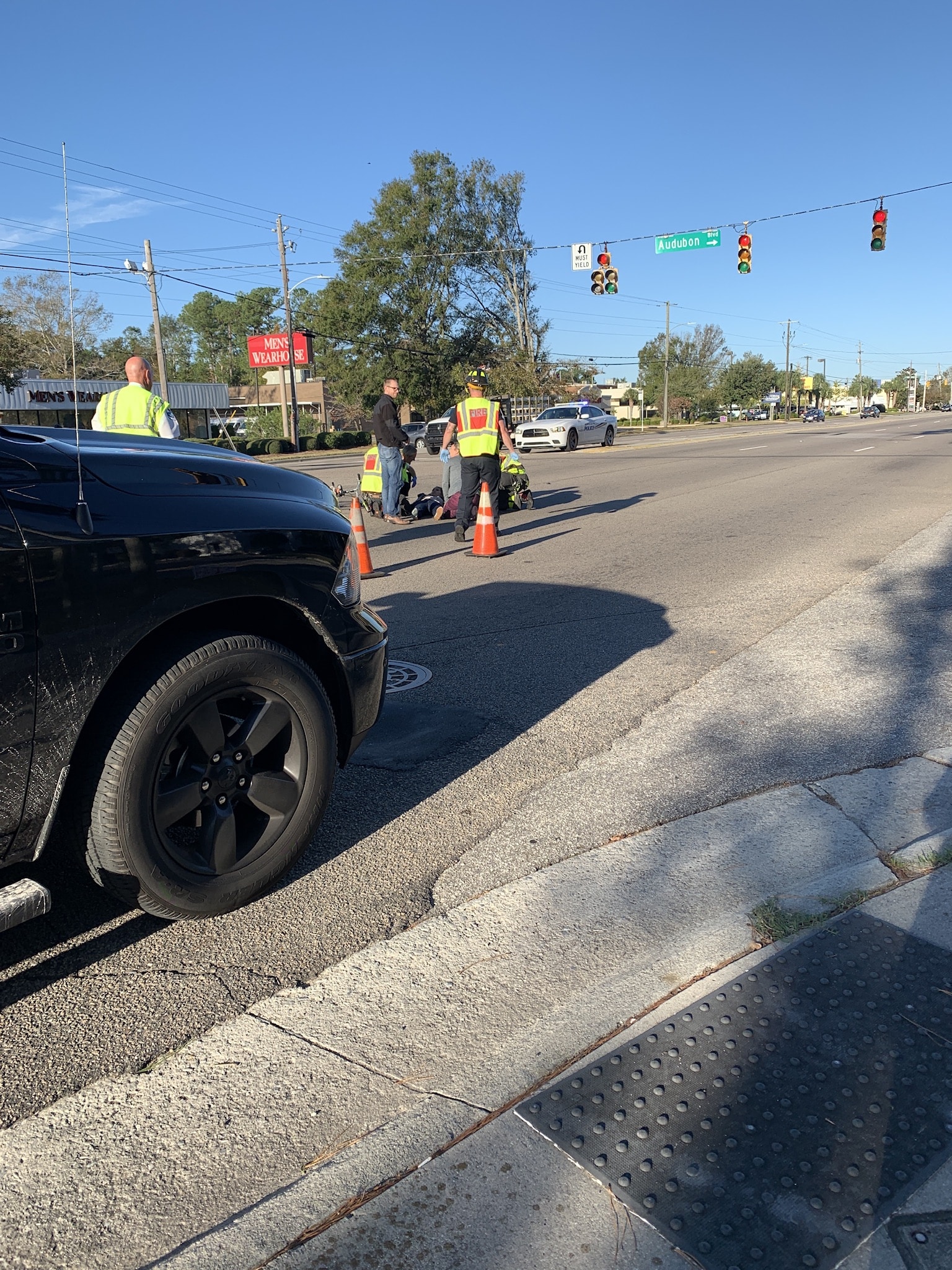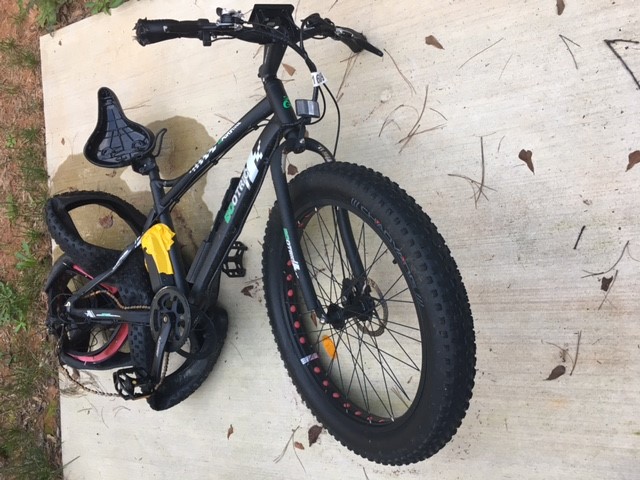Joe Reports On Best Practices
Piscitello Law – Bike Law PA is pleased to share highlights from the third annual Vision Zero conference, held March 17 in West Philadelphia. The event was hosted by Philadelphia Bicycle Coalition and opening remarks by the Executive Director Sarah Clark Stuart encouraged 250 participants to “listen, learn and be inspired….”
Mayor James Kenney set the tone in his keynote address by affirming his Administration’s commitment to bring traffic-related crashes in Philadelphia from 100 per year to 0 per year by 2030. He went on to announce a pilot project to address some of the core issues underlying traffic crashes including speed and street infrastructure. The nine-month pilot set to begin in the Spring of 2018 will involve Market and JFK Boulevard, between 15th and 20th streets. The current four lanes of traffic will be reduced to three as one lane will become a protected and dedicated cycling lane. This pilot is a huge victory for pedestrians of all ages and cyclists throughout the city. Data gathered from this pilot will inform future Vision Zero initiatives in Philadelphia.
Later in the morning, Attorney Joseph Piscitello led a panel discussion on Best Practices of Vision Zero in the United States and Europe. Drawing from his own personal and professional experience as a cyclist and attorney, Joe discussed the need for greater education and awareness of vulnerable road users by members of the legal community, including law enforcement and attorneys. He shared a cyclist’s video showing a bike-car crash when a motorist turned right without using a blinker or checking for cyclists. Many audience members were visibly shocked to learn that the legal system found the cyclist to be 50% responsible for the crash.
Joe proceeded to present each of the five speakers on the panel who touched on the core principles and best practices of Vision Zero, including Engineering, Education, Evaluation and Equity. The panel included two city council members; Helen Gym from Philadelphia and Mary Chey from Washington, D.C. Seated in 2016, Philadelphia’s City Council member Gym leads a new initiative to revitalize public transit in Philadelphia, bringing a focus on racial equity. She discussed a visit to Copenhagen to study their multi-modal transportation systems and noted the comprehensive shift of focus present in that city; from car-centric to people-centric.
Council member Mary Chey of Washington D.C. shared that her city has plans to eliminate traffic crashes to zero by 2024, which is an even more aggressive city plan than Philadelphia. Chey has served on the Council since 2007 and is currently Chair of the Committee on Transportation & the Environment. She spoke to her city’s extensive use of cameras to reduce speeding. Indeed, D.C. has red-light cameras, speeding cameras and even stop-sign cameras.
William Armbruster representing the AARP spoke to the issues surrounding transportation and aging members of our communities. Bill discussed mobility challenges facing older adults when crossing a multi-lane road within the time limit of a traffic light. According to his organization, many older adults fear for their safety on the road which leads to more time spent indoors, in isolation instead of staying involved in their community.
The critical issue of science-based evaluation of transit initiatives was the focus of Steven Suggitt’s presentation. Steven is an executive of Miovision, a Canadian-based analytics company. The firm designs multi-modal transportation solutions using Artificial Intelligence and Machine Learning video analytics. He made a compelling argument on the merits of using motion-sensors in video surveillance on streets to better understand both “Compliance” and “Near Misses.” Compliance monitoring captures data related to how well and how often road users follow the rules of the road. For example, their analytics can quantify the percentage of drivers and cyclists who run a red light or fail to yield to pedestrians/cyclists. Their system can also be used to capture data related to the “Near Misses” so that city planners have data to quantify the number of averted crashes.
Joe introduced David Shephard as the final panelist for the morning session. For David, safe transportation is not just a public policy issue, but is deeply personal. David created “Families for Safer Streets” in New York city after losing his Fiancée Sonya Powell to a speeding driver in 2009. He presented how cities and families can “Turn Grief into Action” which underlies the compassionate work of his organization; to support families impacted by unsafe roads and to advocate for change. As David’s presentation concluded, there was a palpable energy in the room; we were reminded of the tragic cost of unsafe streets and the urgency to make change NOW.
Read Joe’s previous piece on the history of Vision Zero here.
***
Photo Caption: L-R: Bill Armbruster (AARP); Steven Suggitt (Miovision); Joe Piscitello (Piscitello Law-Bike Law PA); Council member Mary Chey; Council member Helen Gym; David Shephard (Families for Safer Streets NYC).











